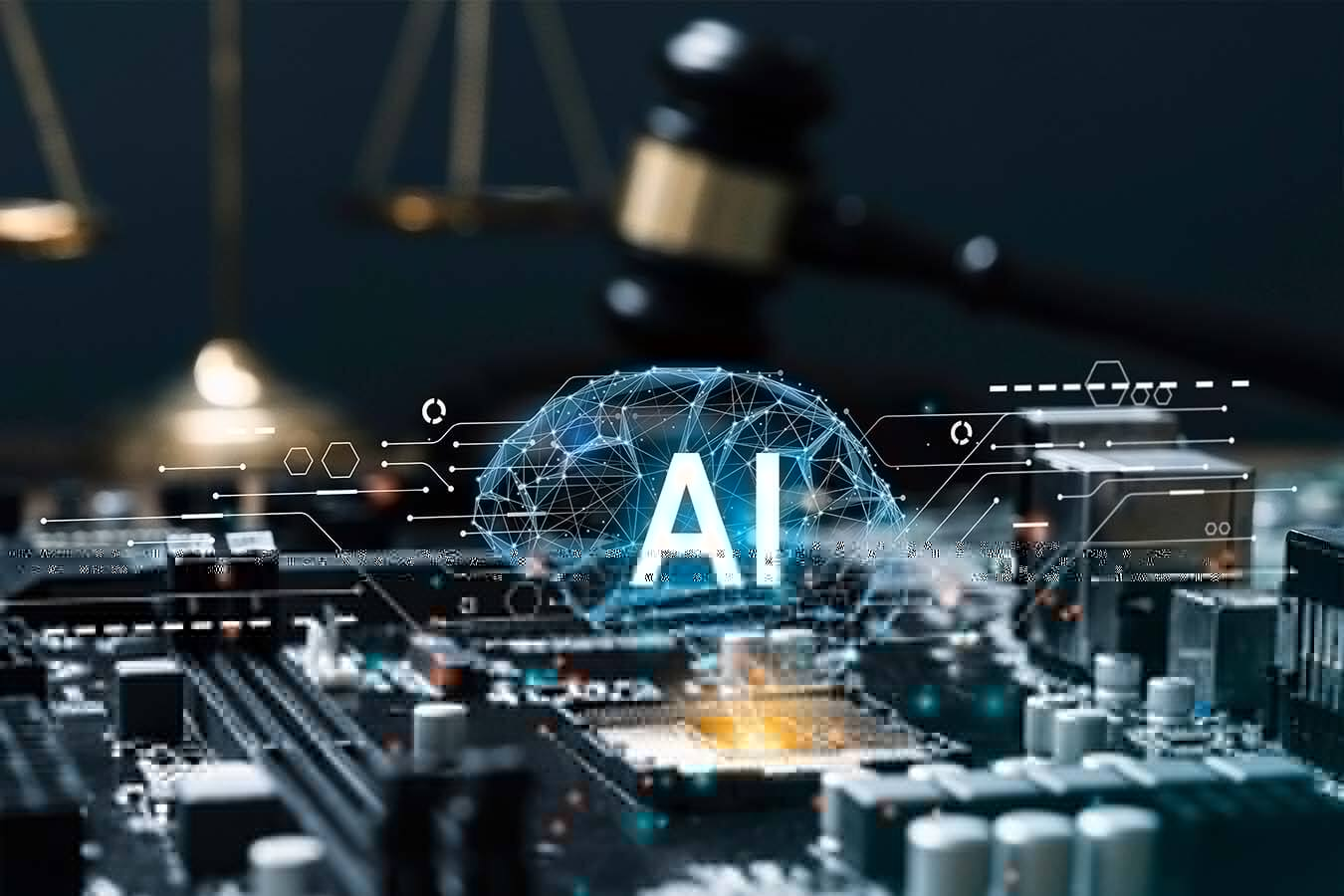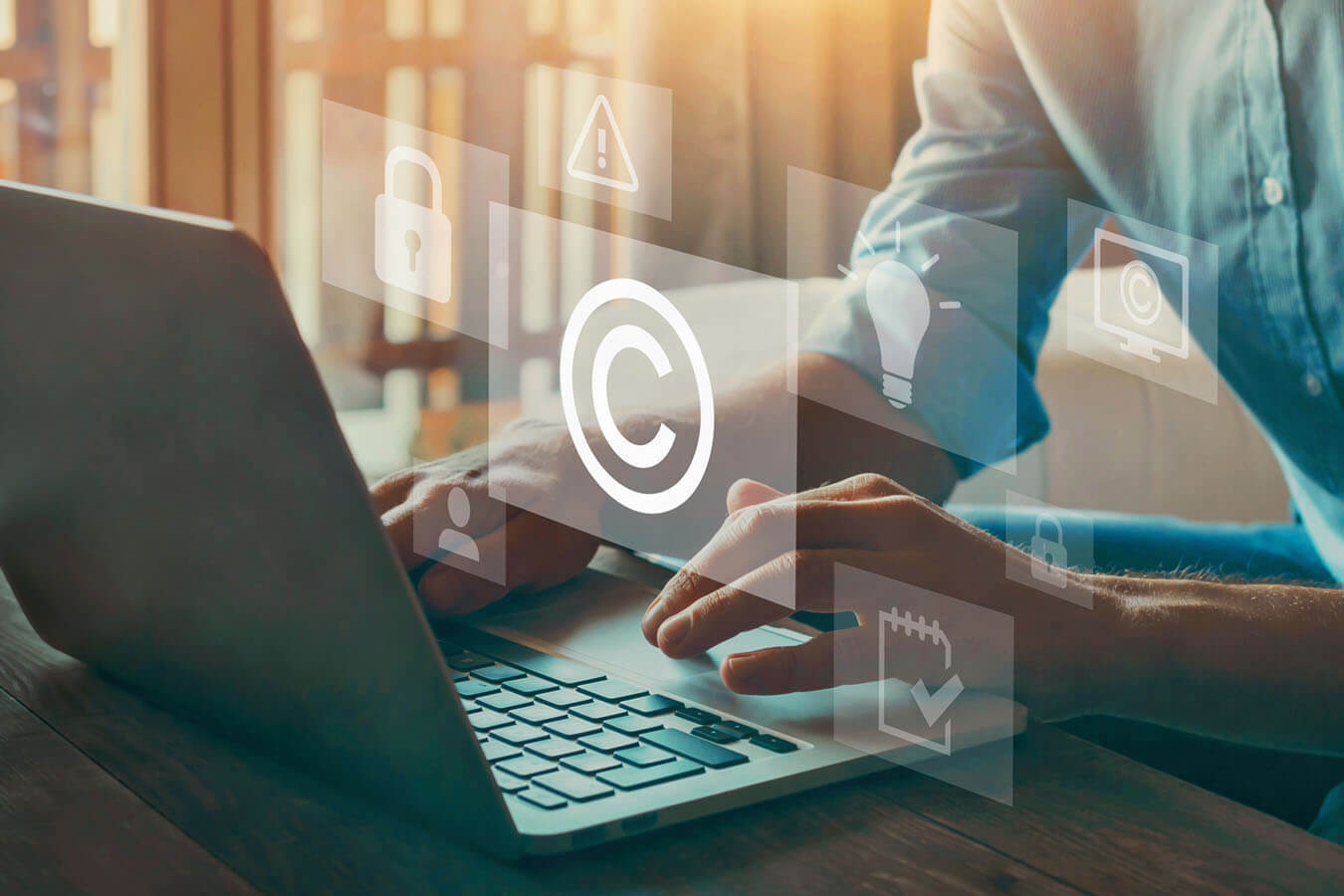Governments must develop a legal framework for assigning ownership to its output as part of a toolkit to make its impact positive. Simon Curtis, Partner at Potter Clarkson writes.
Industry is currently learning to apply artificial intelligence (AI) to its working. Much of this surrounds an increased automation of routine tasks to improve efficiency of operations. But some of this effort is directed at tasks which most of us would not consider routine – and could produce output which, from a certain view, appear genuinely creative.
Whatever the field, this creates some interesting challenges to companies looking to secure intellectual property rights to help exploit it – because the ownership of IP rights flows, in law, from the creator of the work.
To focus only on patents, the UK Supreme Court ruled in the DABUS case in December 2023 that an inventor must be a natural person, meaning that a patent cannot be granted in the UK without a human inventor being named.

Interested in how AI and big data are shaping drug discovery and science based industry beyond? Sign up here to find out live from key figures in industry.
Most major jurisdictions are deciding similarly in response to the same test case. It can be argued that an AI can invent and that the owner of the AI should be the owner of patents granted to its inventions. This highlights how some of our IP laws may need to be rethought to be fit for the future.
A practical perspective
As an example, we might consider its application to a drug discovery program. Traditionally, a biologically active site may be identified by experimentation and perhaps many thousands of compounds containing it will be made and tested to find potential active compounds which have good activity and bioavailability and low toxicity. This requires a significant deployment of resources in time, laboratory and materials. Where this is undertaken by humans, a company would usually apply for a patent for a group of promising compounds, with those making judgments about which compounds to pursue and who should be named as inventors.
An AI might be trained to make judgments about what chemical structures might be active against a particular biological site. It might also be trained to virtually test a large array of compounds to identify the most promising. In this instance, the AI is effectively making the judgments about which compounds are useful, so sits in the position that the human inventors did in the traditional model. If we are to have human inventors, we must look elsewhere.
Ensuring progress
Human judgments are likely to have been made in building the AI, directing it at the problem and providing it with training data, and some of these actions might be enough to confer inventorship on the humans that took them. However, as AI itself begins to be able to take those actions, human interactions may be too remote from an invention to be in that position. What of the patent rights then? Under present legislation in the UK, we now know there will be none.
For more than 200 years, patent law has provided both incentives to invest in developing new technologies and publication of those new technologies, coinciding with a period of enormous scientific progress. Failure to provide suitable IP protection to AI generated technology risks slower progress, more secretive behaviour by developers and less application of this exciting technology to the benefit of mankind.
Leadership and careful thought are required to harness the economic benefits of patent rights for the coming age of AI inventorship, and time may be running out before humans may become too far removed from devising an invention to be considered inventors under the current law.
For my money, the applicant’s unsuccessful approach in DABUS was not the right one. Given service-focused software business models, assigning the ownership of a patent right to the owner of an AI would be likely to concentrate ownership with AI developers who may have little interest or knowledge in the markets relevant to an invention and may have taken little risk focused on them. Ensuring that those directly investing in bringing new technology to market may receive a return on their investment should be paramount in the minds of policymakers.
The speed with which AI is developing and impacting our world is growing. Governments must develop a legal framework for assigning ownership to its output as part of a toolkit for making the impact of AI positive.



